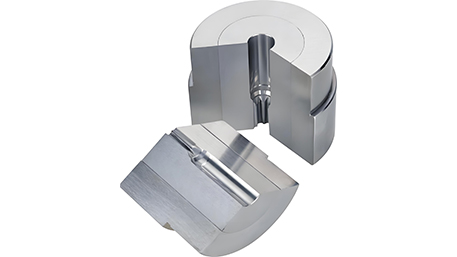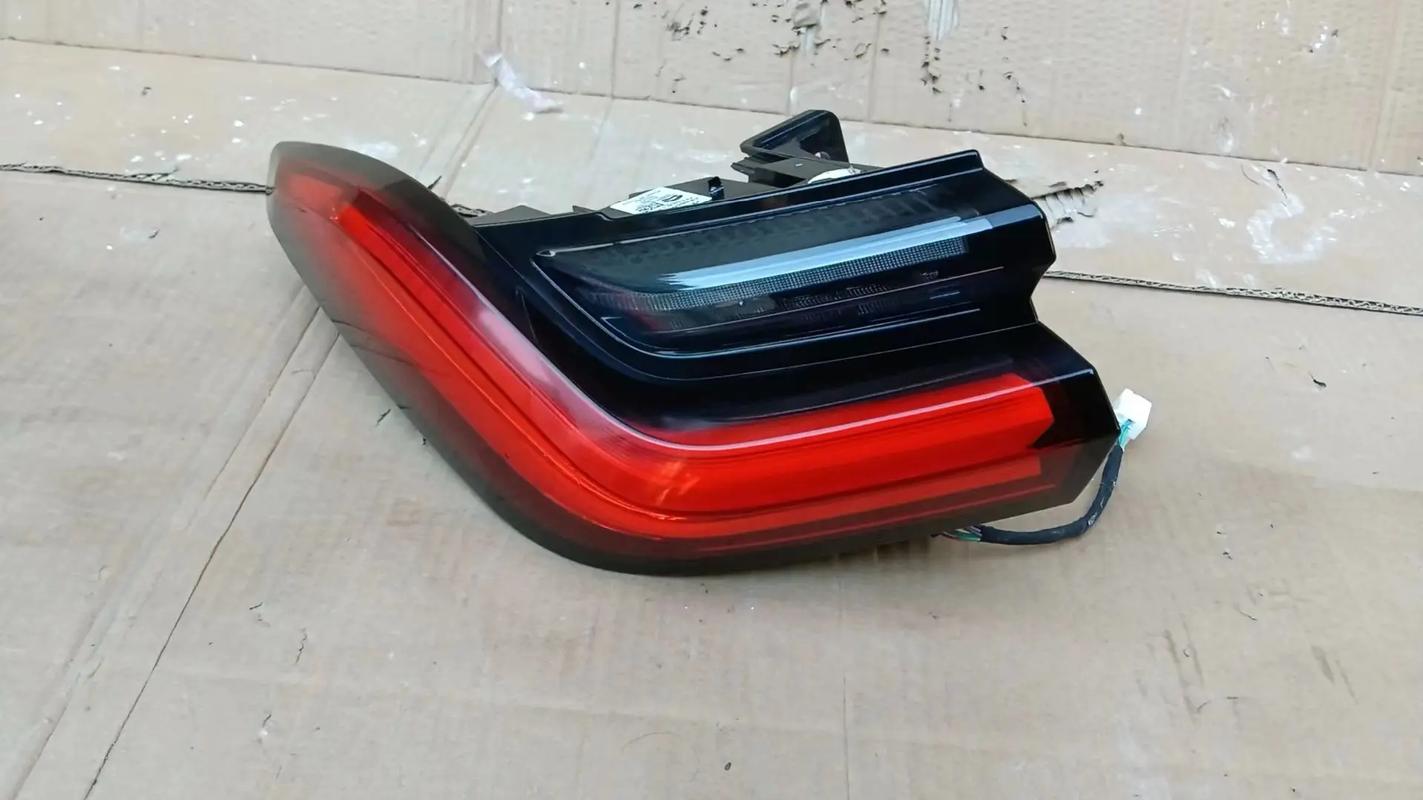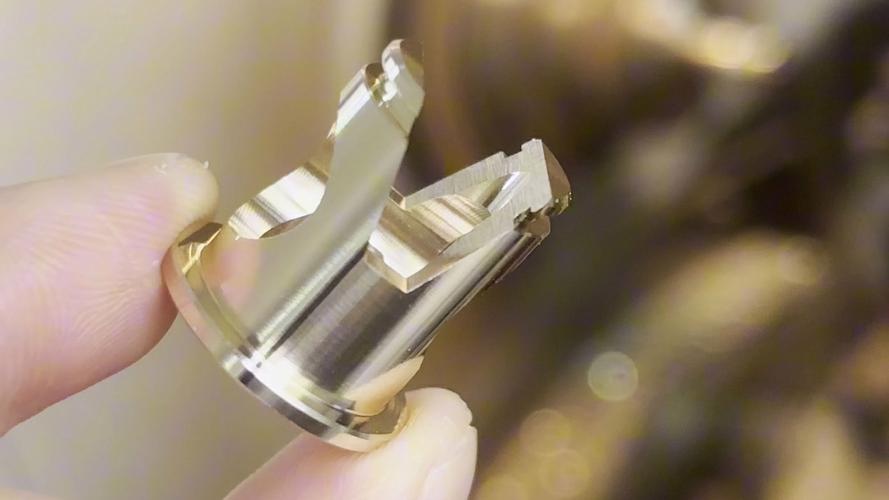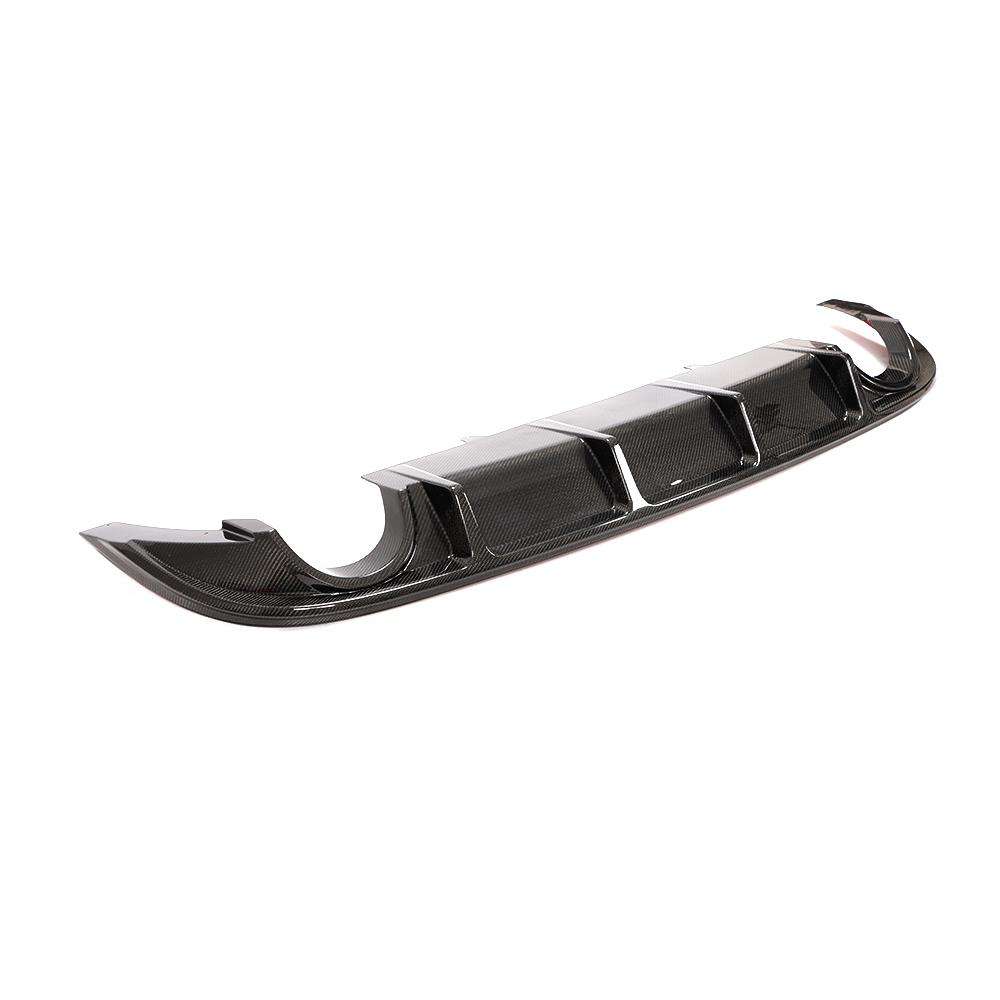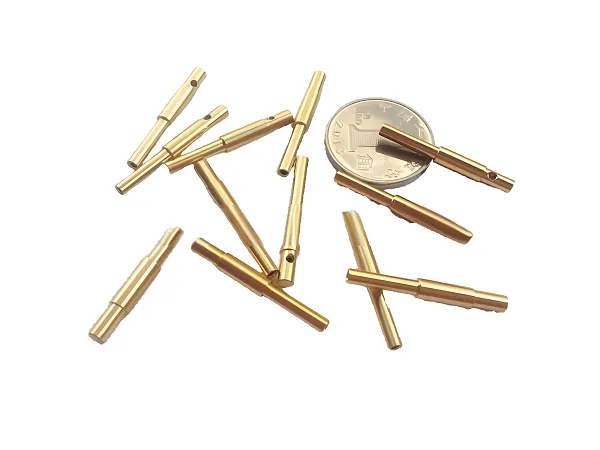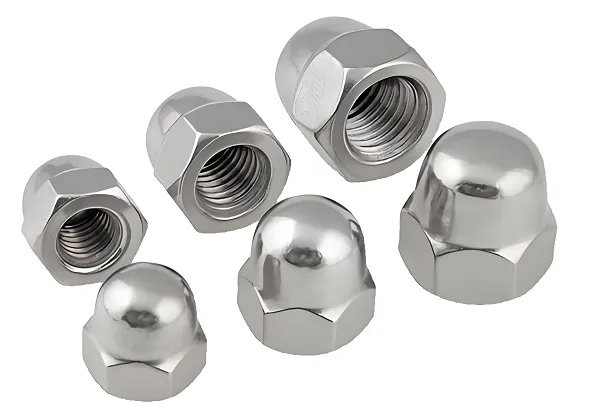In the world of manufacturing, fasteners are the unsung heroes that hold products together. From tiny screws in electronics to massive bolts in construction machinery, their reliability is of utmost importance. And at the heart of producing high – quality fasteners lies the precision – crafted mold. As industries demand greater precision, efficiency, and customization in fastener production, CNC (Computer Numerical Control) machining has emerged as the leading technology for creating custom fastener molds. This article delves into the technical capabilities, customization process, material selection, quality control, and industry applications of custom CNC fastener molds.
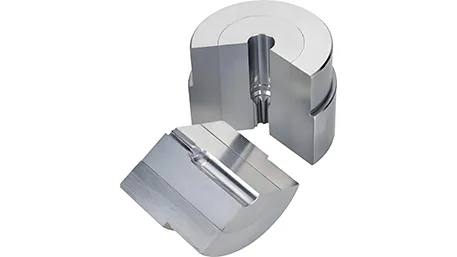
I. Technical Prowess: Redefining Mold Precision
(A) Unmatched Machining Accuracy
CNC machining systems are designed to deliver extraordinary precision. With positioning accuracy reaching ±0.005mm and repeat positioning accuracy of ±0.01mm, we can fabricate fastener molds with extremely tight tolerances. For example, when creating molds for micro – screws used in medical devices, the thread pitch and diameter can be maintained within ±0.005mm. This level of precision ensures that the fasteners produced from these molds fit perfectly, reducing the risk of loosening or failure in critical applications.
(B) Complex Geometry Machining
Five – axis CNC machining technology enables the creation of molds with intricate geometries. Whether it’s molds for specialized fasteners with unique head shapes, complex thread forms, or multi – component designs, the five – axis system can execute these designs in a single setup. Compared to traditional machining methods, which often require multiple setups and are more prone to errors, five – axis CNC machining reduces setup – related errors from ±0.03mm to within ±0.01mm. Moreover, it boosts production efficiency by over 60%, significantly shortening the mold – making lead time.
(C) Advanced Process Optimization
During the machining of fastener molds, challenges such as material deformation, surface finish, and tool wear need to be overcome. We implement a comprehensive set of advanced techniques. By carefully selecting cutting parameters, optimizing toolpaths, and using real – time monitoring and cooling systems, we can minimize material deformation. Additionally, advanced finishing processes like electropolishing are employed to achieve a superior surface finish on the mold cavities. This not only improves the release of the fasteners from the mold but also enhances the surface quality of the produced fasteners, reducing friction and wear during their use.
II. End – to – End Customization: Tailoring Molds to Your Needs
(A) In – Depth Requirement Analysis and Design Conceptualization
When you approach us with your fastener mold requirements, our experienced engineering team engages in detailed discussions to understand your application, performance expectations, and design preferences. Using state – of – the – art CAD/CAM software, we generate multiple design concepts. We then work closely with you, refining the designs until they precisely meet your vision. Whether you need a mold for a standard fastener with a unique twist or a completely new fastener design, we have the expertise to bring your ideas to life.
(B) Strategic Material Selection and Cost Evaluation
Based on the finalized design, we recommend the most suitable materials for your fastener molds. We consider factors such as the type of fastener to be produced, the production volume, and the required durability. For high – volume production of common fasteners, we might recommend high – carbon tool steels like D2, which offer excellent wear resistance. For molds used in producing fasteners for aerospace or medical applications, where corrosion resistance is crucial, we could suggest stainless tool steels. Simultaneously, we conduct a detailed cost analysis, factoring in material costs, machining complexity, and production volume, to provide you with a transparent and competitive quote.
(C) Precision Manufacturing and Order Tracking
Once you approve the design and quote, production begins. You can monitor the progress of your order in real – time through our dedicated online tracking platform. Our skilled technicians adhere to strict manufacturing standards, using advanced CNC machines to produce molds that meet the highest quality benchmarks. We keep you informed at every stage of the production process, from raw material procurement to the final machining operations.
(D) Rigorous Quality Assurance and Timely Delivery
After production, each fastener mold undergoes a rigorous quality inspection. Only molds that meet our exacting standards are shipped to you. We perform dimensional inspections using coordinate measuring machines (CMMs) to ensure that all critical dimensions are within ±0.005mm. Surface finish measurements are also taken to guarantee that the mold surfaces are smooth enough for easy fastener release. In addition, we conduct functional tests to validate the mold’s performance. We also offer comprehensive after – sales support, addressing any concerns you may have during the mold’s lifecycle.
III. Strategic Material Selection: Choosing the Right Material for the Job
(A) High – Carbon Tool Steels: Durable and Wear – Resistant
High – carbon tool steels, such as D2, are popular choices for fastener molds in high – volume production scenarios. D2 steel has a high carbon content and alloying elements like chromium, molybdenum, and vanadium, which give it excellent wear resistance. It can withstand the high pressures and repeated impacts during the fastener – forming process, ensuring a long mold lifespan. With a hardness of up to HRC 62 after heat treatment, D2 steel is suitable for molds used in producing screws, bolts, and nuts for general industrial applications.
(B) Stainless Tool Steels: Corrosion – Resistant and Strong
Stainless tool steels, like 420 stainless steel, are ideal for applications where corrosion resistance is essential. 420 stainless steel contains chromium, which forms a protective oxide layer on the surface, preventing rust and corrosion. It also has good machinability and can be heat – treated to achieve a hardness range of HRC 48 – 52. This makes it suitable for molds used in producing fasteners for the marine, food processing, and medical industries, where the fasteners need to resist corrosion in harsh environments.
(C) Aluminum Alloys: Lightweight and Cost – Effective
Aluminum alloys, such as 6061 – T6, can be used for fastener molds in some applications. They are lightweight, which can be an advantage in certain manufacturing setups. 6061 – T6 aluminum alloy has good machinability and a relatively low cost compared to tool steels. It is often used for prototyping or low – volume production of fastener molds, especially when the focus is on quick turnaround times and cost – effectiveness. However, it may not offer the same level of wear resistance as tool steels, so it is more suitable for less demanding applications.
IV. Stringent Quality Control: Ensuring Top – Tier Molds
(A) Raw Material Inspection
All incoming raw materials for fastener molds are subject to strict quality checks. We use spectroscopic analysis to verify the chemical composition of metals, ensuring that they meet the required standards. For example, when using D2 steel, we confirm that the carbon, chromium, molybdenum, and vanadium contents are within the specified ranges. Additionally, hardness testing and metallographic analysis are performed to ensure the material’s integrity. For aluminum alloys, we check for alloy purity and mechanical properties such as tensile strength and yield strength.
(B) In – Process Monitoring
Throughout the manufacturing process, we employ statistical process control (SPC) techniques to monitor key manufacturing parameters. Regular sampling and data collection help us identify and correct any potential issues promptly. For example, we monitor the cutting forces, spindle speeds, and feed rates during machining. If any parameter deviates from the set values, we can adjust the machining process in real – time to ensure consistent product quality.
(C) Final Product Validation
Before shipping, each fastener mold undergoes a comprehensive inspection. We use CMMs to verify dimensional accuracy, ensuring that all critical dimensions, such as mold cavity sizes, thread depths, and fastener head – shaping dimensions, are within ±0.005mm. Surface roughness measurements are taken to ensure that the mold surfaces are smooth enough for proper fastener release. In addition, we conduct functional tests by running a small batch of fasteners through the mold to validate its performance. Only molds that pass all these tests are considered ready for delivery.
V. Diverse Industry Applications: Empowering Multiple Sectors
(A) Automotive Industry
In the automotive industry, custom CNC fastener molds are used to produce a wide range of fasteners, from small screws that hold interior components together to large bolts used in engine and chassis assembly. The high precision of these molds ensures that the fasteners fit perfectly, reducing vibrations and improving the overall safety and performance of vehicles. For example, molds for engine – mounting bolts need to be extremely precise to withstand the high – stress conditions in the engine compartment.
(B) Aerospace
Aerospace applications demand the highest level of precision and reliability. Custom fastener molds are used to produce fasteners for aircraft structures, engines, and avionics systems. The molds are designed to meet the strict quality standards of the aerospace industry, ensuring that the fasteners can withstand extreme temperatures, high altitudes, and mechanical stresses. For instance, molds for aircraft wing – to – fuselage fasteners must be crafted with utmost precision to guarantee the structural integrity of the aircraft.
(C) Electronics
In the electronics industry, custom fastener molds are used to produce tiny screws and nuts for electronic devices. The precision of these molds is crucial for ensuring that the fasteners can be easily assembled and disassembled without damaging the delicate electronic components. Molds for screws used in smartphones or laptops need to be highly accurate to fit into the compact and complex designs of these devices.
(D) Construction
In the construction industry, custom fastener molds are used to produce large – scale fasteners such as bolts and anchors. These fasteners need to be strong and reliable to hold together buildings, bridges, and other structures. The molds are designed to withstand the high – pressure and high – volume production requirements of the construction industry. For example, molds for foundation – anchoring bolts need to be robust and precise to ensure the stability of buildings.
VI. Frequently Asked Questions (FAQ)
(A) What is the typical precision of custom CNC fastener molds?
Our CNC machining can achieve a dimensional tolerance of ±0.005mm, ensuring that the molds produce fasteners with the highest precision.
(B) How do I choose the right material for my fastener mold?
The choice depends on your application’s requirements. If you are producing high – volume fasteners for general industrial use, high – carbon tool steels like D2 may be a good option. For applications where corrosion resistance is important, such as in the marine or medical industries, stainless tool steels are recommended. For prototyping or low – volume production, aluminum alloys can be considered.
(C) What is the lead time for custom fastener molds?
Lead times vary depending on the complexity of the design and order quantity. Simple designs can be completed in 3 – 5 days, while more complex ones may take 7 – 10 days. Rush orders are available upon request.
(D) Can CNC machining handle complex fastener mold designs?
Absolutely. Our five – axis CNC machines can fabricate molds with intricate geometries, including unique fastener head shapes and complex thread forms, meeting even the most demanding design requirements.
(E) How much does it cost to customize a fastener mold?
Costs are determined by factors such as material, design complexity, precision requirements, and order quantity. While small – batch customization may be relatively costly, economies of scale can significantly reduce per – unit costs for larger orders.
VII. Customer Testimonials
An automotive parts manufacturer approached us to develop custom fastener molds for a new line of high – performance engines. Our team used five – axis CNC machining to achieve the required precision of ±0.005mm. The molds not only met the strict quality standards of the automotive industry but also improved the production efficiency of the fasteners. As a result, the manufacturer was able to increase their production output and reduce costs.
An aerospace company needed custom fastener molds for a new aircraft model. We implemented advanced machining techniques and rigorous quality control measures to ensure that the molds met the highest aerospace standards. The customer reported a significant reduction in fastener – related failures, leading to improved aircraft reliability and reduced maintenance costs.
Reach Out Now for Your Custom CNC Fastener Molds!
Regardless of your industry or application, our team of experts is ready to collaborate with you. We offer a seamless end – to – end service, from design to delivery. Contact us today to discuss your project requirements and take the first step towards getting top – quality custom CNC fastener molds.
